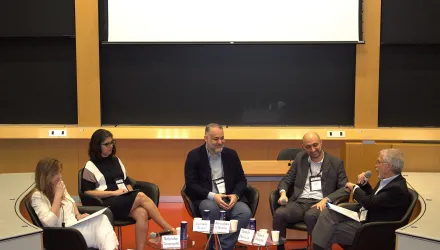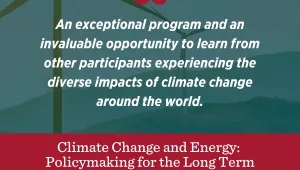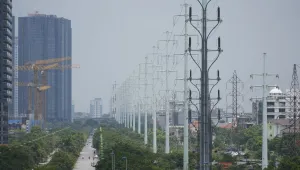Abstract
The need for a domestic U.S. policy that seriously addresses climate change is increasingly apparent. A cap-and-trade system is the best approach in the short to medium term. Besides providing certainty about emissions levels, cap-and-trade offers an easy means of compensating for the inevitably unequal burdens imposed by climate policy; it is straightforward to harmonize with other countries' climate policies; it avoids the current political aversion in the United States to taxes; and it has a history of successful adoption in this country. The paper proposes a specific cap-and-trade system with several key features including: an upstream cap on CO2 emissions with gradual inclusion of other greenhouse gases; a gradual downward trajectory of emissions ceilings over time to minimize disruption and allow firms and households time to adapt; and mechanisms to reduce cost uncertainty. Initially, half of the program's allowances would be allocated through auctioning and half through free distribution, primarily to those entities most burdened by the policy. This should help limit potential inequities while bolstering political support. The share distributed for free would phase out over twenty-five years. The auctioned allowances would generate revenue that could be used for a variety of worthwhile public purposes. The system would provide for linkage with international emissions reduction credit arrangements, harmonization over time with effective cap-and-trade systems in other countries, and appropriate linkage with other actions taken abroad that maintains a level playing field between imports and import-competing domestic products.
"A U.S. Cap-and-Trade System to Address Global Climate Change" was commissioned by the Brookings Institution's Hamilton Project and was published as Hamilton Project Discussion Paper 2007-13.
Stavins, Robert N. “A U.S. Cap-and-Trade System to Address Global Climate Change.” Harvard Kennedy School, October 2007





